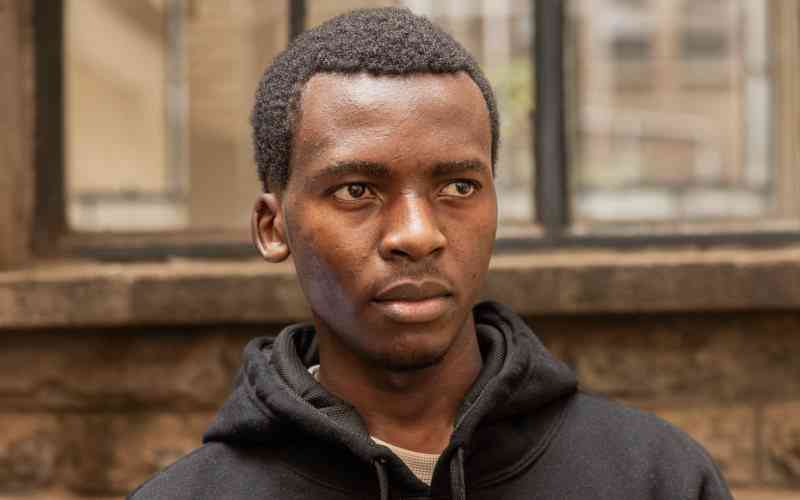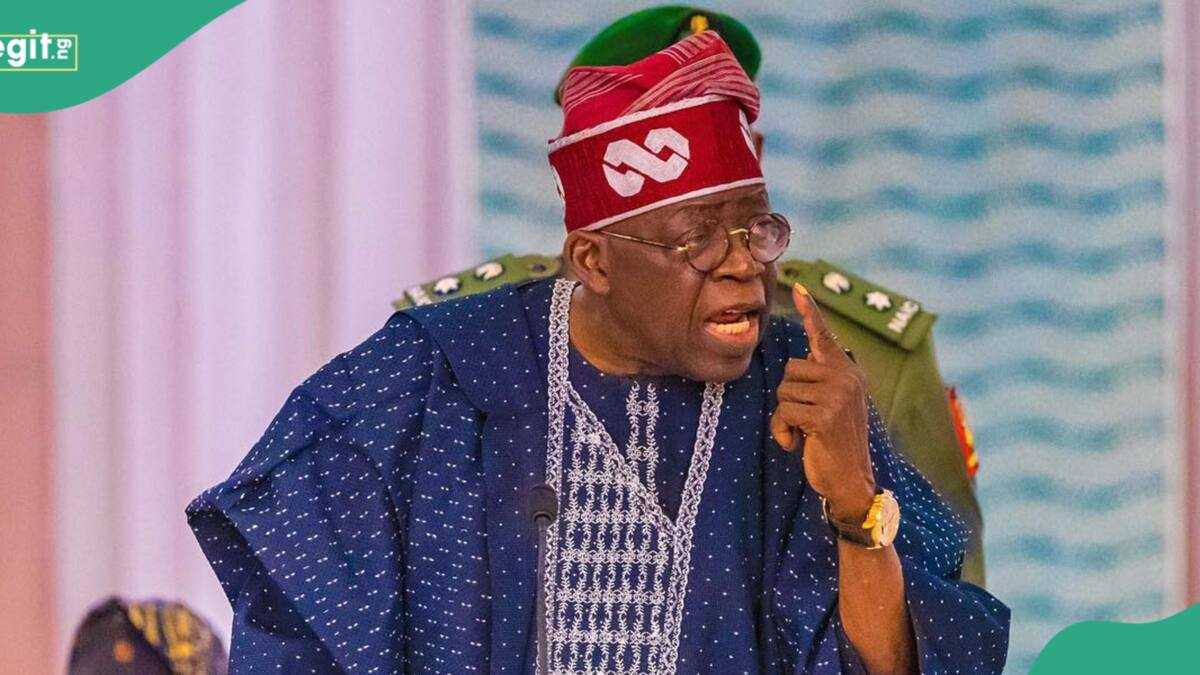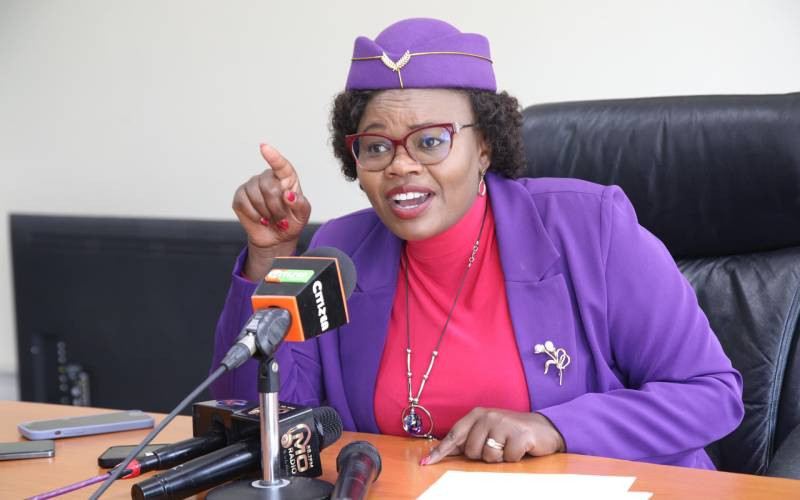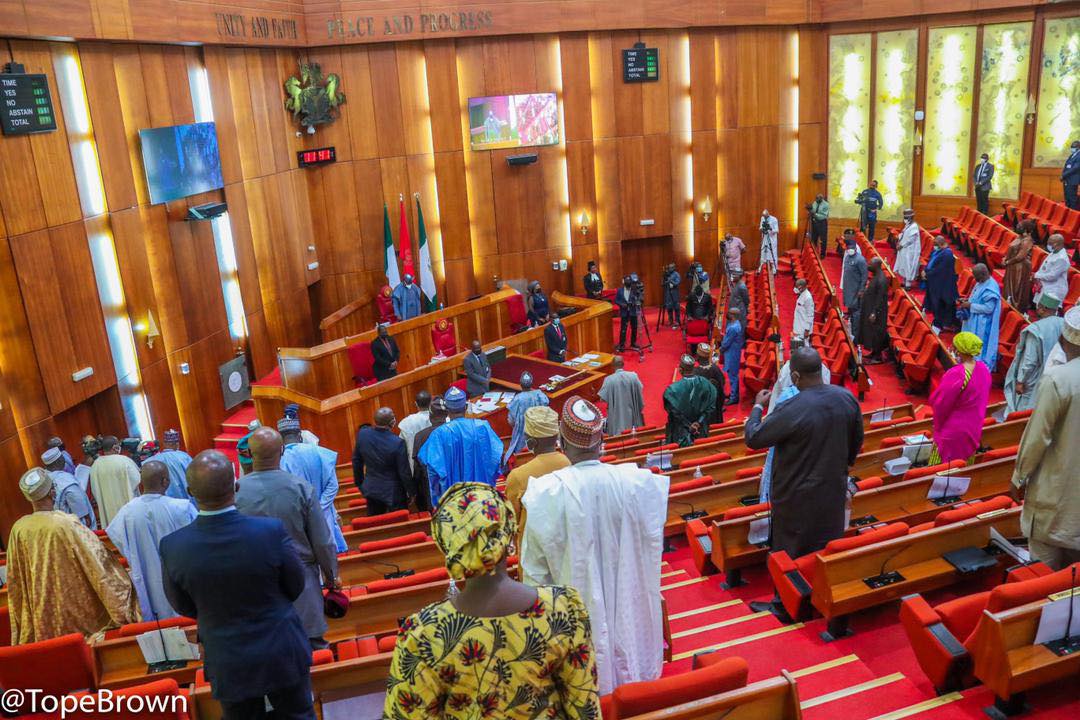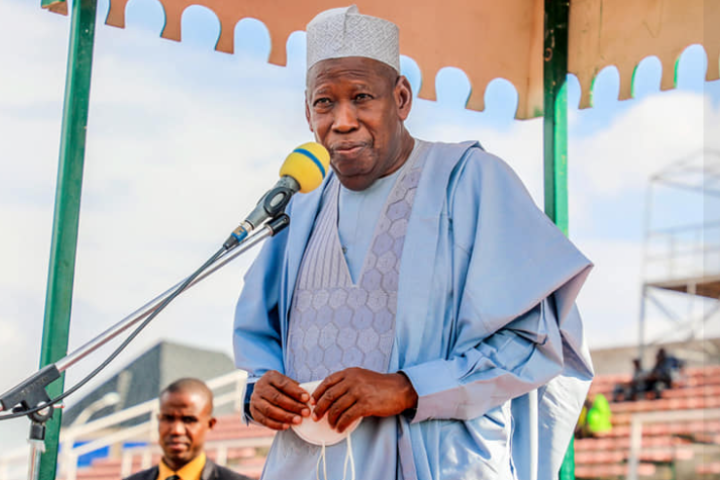PDP and Labour Party Representatives from Delta and Ondo Defect to APC in Nigeria
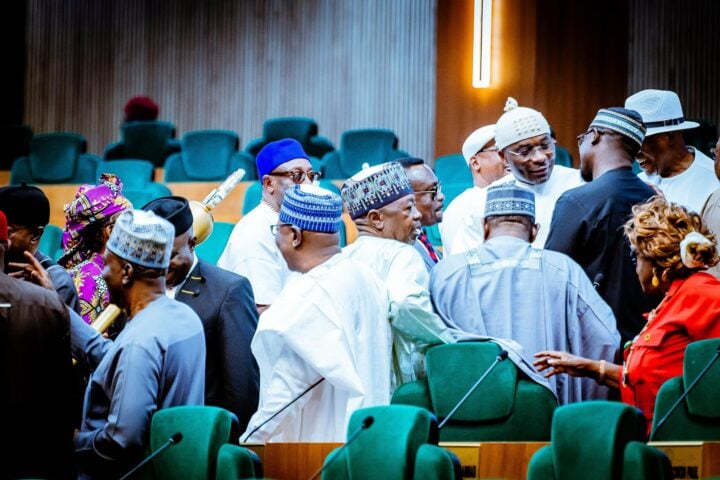
The Nigerian House of Representatives has been experiencing a significant trend of political realignments, with multiple members switching parties. This pattern was highlighted again on a recent Wednesday when two lawmakers, Okolie Lawrence and Akingbaso Olanrewaju, announced their defection to the ruling All Progressives Congress (APC). Their move adds to a growing list of legislators who have changed their party affiliations in recent months, altering the composition of the lower chamber.
Okolie Lawrence, who previously represented the Aniocha north/Aniocha south/Oshimili north/Oshimili south federal constituency of Delta State under the Labour Party (LP), was one of the two defectors. According to a letter read by the Speaker, Tajudeen Abbas, Mr. Lawrence (also referred to in reports as Ngozi Lawrence Okoli) stated his decision was made after extensive consultations with political associates and constituents. He expressed a desire to "bring governance closer" to his constituency and align with the 'Renewed Hope Agenda' of President Bola Ahmed Tinubu and Governor Sheriff Oborevwori of Delta State, believing this move would help attract more benefits to his people. Upon his announcement, Mr. Lawrence was reportedly warmly received into the APC fold by principal officers of the House, including Deputy Speaker Benjamin Kalu and House Leader Prof Julius Ihonvbere.
Joining Mr. Lawrence in moving to the APC on the same Wednesday was Akingbaso Olanrewaju (also known as Akinpacho Festus Olaruwaju), who represented the Idanre/Ifedore federal constituency of Ondo State. Formerly a member of the Peoples Democratic Party (PDP), Mr. Olanrewaju attributed his defection to what he described as "internal conflicts" and a "crisis" within the PDP. He further stated his intention to "align" himself with the APC's "ideology and renewed hope agenda" of President Bola Tinubu, aiming to position his constituents for the "great benefits" of the current administration's programs.
The announcement of Mr. Olanrewaju's defection, however, drew a protest from the Minority Leader of the House, Kingsley Chinda. Raising a point of order, Mr. Chinda questioned the legitimacy of the defection, pointing out that the lawmaker's letter predominantly used singular pronouns such as 'I', suggesting a personal decision rather than one reflecting the collective will of his constituents. Mr. Chinda urged the House to begin enforcing Section 68(1)(g) of the 1999 Constitution (as amended), which addresses the conditions under which a lawmaker can defect from the party that sponsored their election, typically requiring evidence of a division in the party. Despite acknowledging the objection, Speaker Tajudeen Abbas proceeded with the day’s business.
These Wednesday defections are part of a larger "gale of defection" that has characterized the House of Representatives in recent times, significantly impacting its political dynamics. Numerous lawmakers have crossed party lines, mostly towards the ruling APC. For instance, on a Tuesday preceding these latest moves, a significant shift occurred when six PDP members reportedly defected to the APC. These included Victor Nwokolo (Ika north east/Ika south, Delta), Julius Pondi (Burutu, Delta), Thomas Ereyitomi (Warri north/Warri south/Warri west, Delta), Nicholas Mutu (Bomadi/Patani, Delta, a long-serving member since 1999), Ukodhiko Jonathan (Isoko north/Isoko south, Delta), and Ezechi Nnamdi (Ndokwa/Ukwuani, Delta). On the same day, two Labour Party legislators, Obetta Chidi (Nsukka/Igbo-Eze south, Enugu) and Dennis Agbo (Igbo-Eze north/Udenu, Enugu), moved to the PDP.
Looking back over recent months, the trend has been consistent. On May 15, two lawmakers from the New Nigeria Peoples Party (NNPP) in Kano, Kabiru Usman (Rano/Bunkure/Kibiya federal constituency) and Abdullahi Sani (Karaye/Rogo federal constituency), defected to the APC. Earlier, on May 8, three PDP members from Katsina State also joined the APC: Abdullahi Balarabe (Bakori/Danja federal constituency), who cited a "protracted crisis" in the PDP; Abubakar Albaba Aliyu (Batasari/Safana/Dan-Musa federal constituency), who pointed to the PDP's "lack of cohesiveness"; and Yusuf Majigiri (Mashi/Dutsi federal constituency), who referred to a "high level of internal crisis without cure" within the PDP.
The defections continued throughout March and February. On March 27, Clara Nnabuife, representing Orumba north/south in Anambra, left the Young Progressives Party (YPP) for the All Progressives Grand Alliance (APGA), attributing her decision to being "sidelined" from YPP party activities. Prior to that, on March 18, two PDP lawmakers, Jallo Mohammed (Igabi, Kaduna) and Adamu Tanko (Gurara/Suleja/Tafa, Niger), joined the APC, citing internal crises within the PDP. In February, specifically on the 11th and 12th, Amos Magaji from Kaduna and Garba Koko from Kebbi, both PDP members, also switched to the APC.
The latter part of the previous year also saw significant movements. By December 5, four Labour Party lawmakers and one PDP member had defected to the APC. In October, the defections included Chris Nkwonta, representing Ukwa East/Ukwa west in Abia, who left the PDP for the APC on October 2, 2024, and Sulaiman Abubakar from Gummi/Bukkuyum in Zamfara, who also joined the ruling party from the PDP on October 30. Additionally, Oluwole Oke, a lawmaker from Osun State, and Sunday Umeha from Enugu State, both previously with the PDP, also joined the APC, further underscoring the fluid nature of party allegiances in the current legislative session. This ongoing wave of defections continues to reshape the political landscape of Nigeria's House of Representatives.
